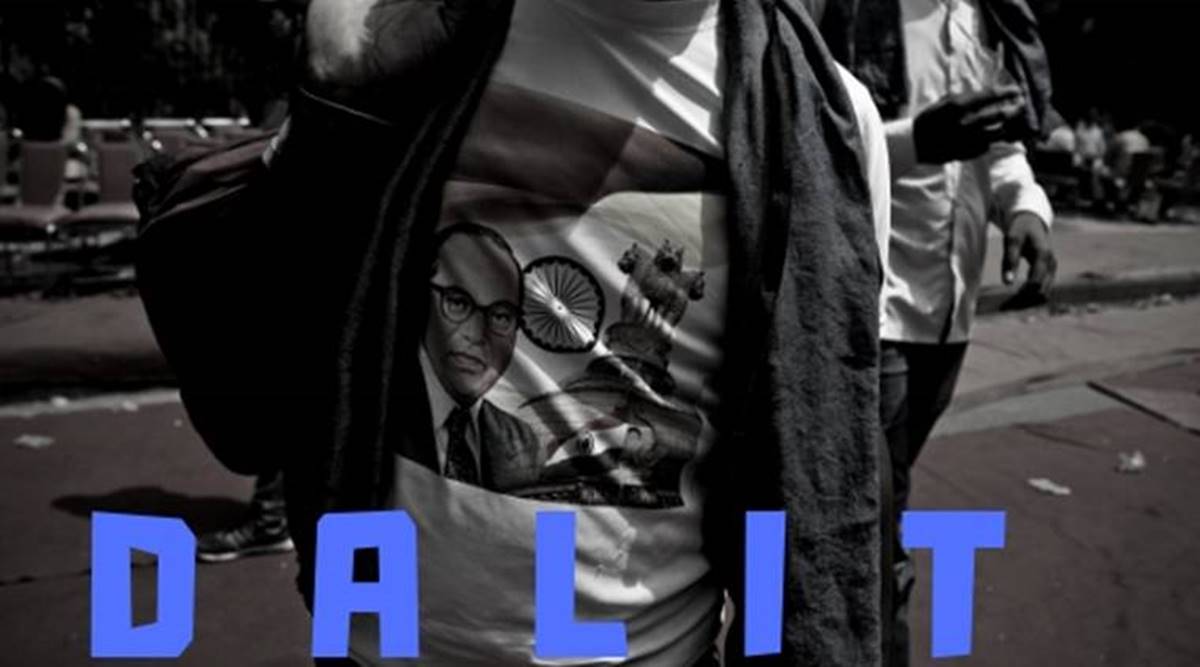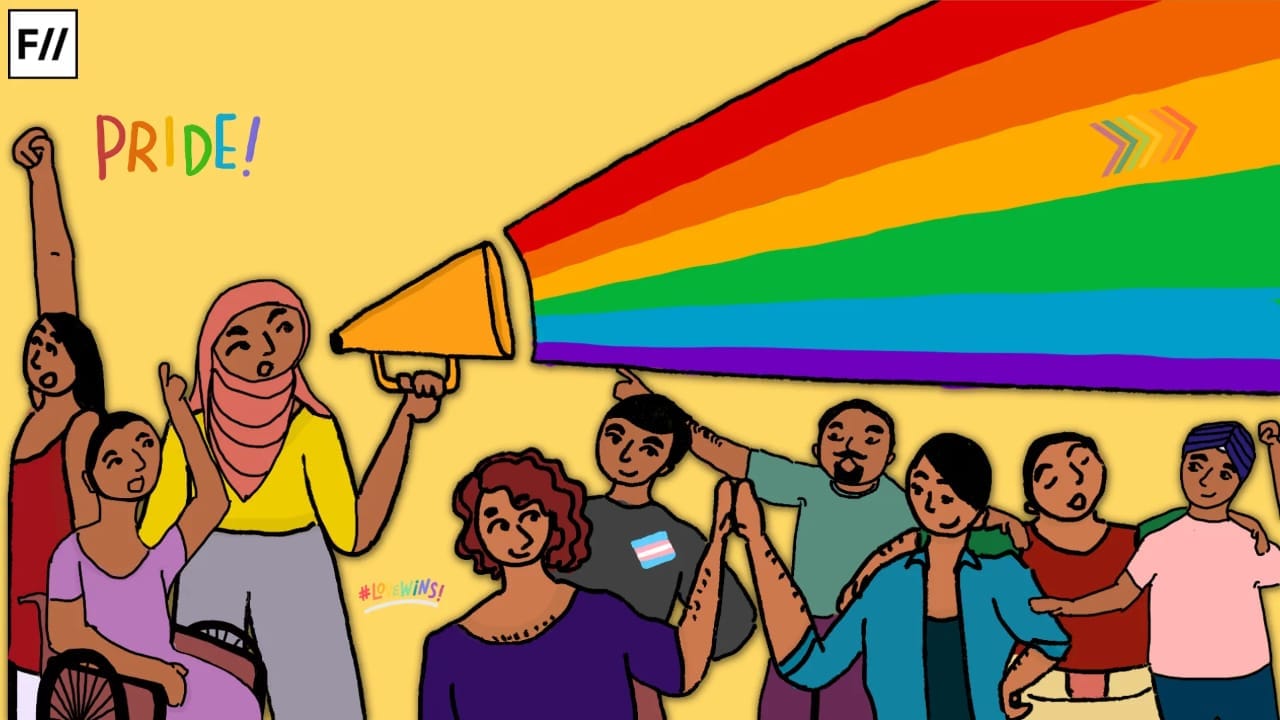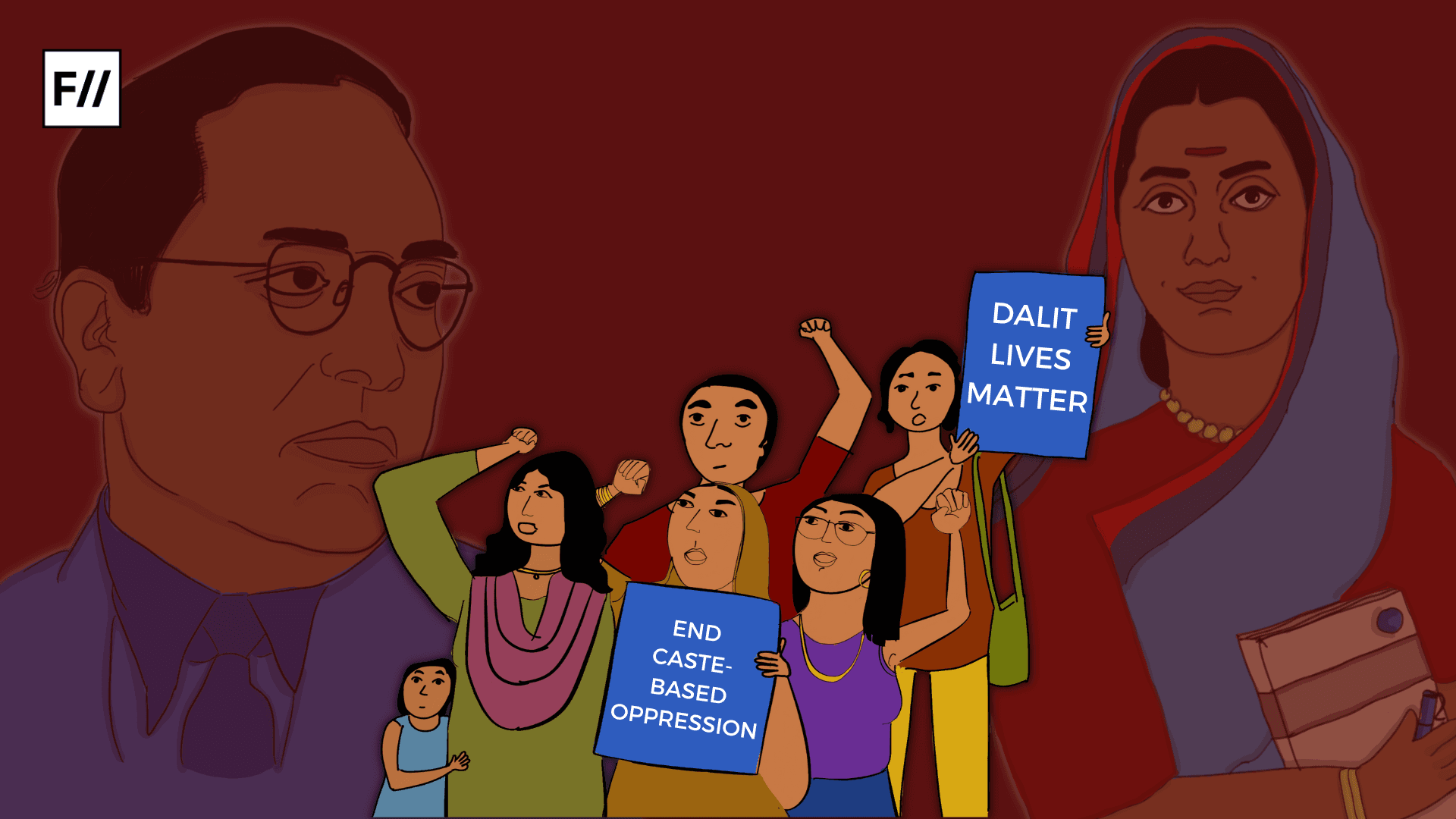Editor’s Note: This month, that is April 2020, FII’s #MoodOfTheMonth is Dalit History, where we invite various articles about historical moments in Dalit movements as well as Dalits (Ambedkar, Savitribai Phule) in history who have been part of the anti-caste movement in India. If you’d like to share your article, email us at pragya@feminisminindia.com.
In 1932, Ambedkar’s suggestion to not use the term ‘Depressed classes’ in the electoral law found support when the Indian Government decided to use Scheduled Castes (SC) as an official category for people belonging to the oppressed castes. It had been observed that, “The term ‘Scheduled Caste’ carried out with it no specific connotation of their actual social status.“
Even today after more than 70 years of independence, people belonging to the Scheduled Castes and Scheduled Tribes continue to face discrimination based on their caste. Words like Harijans and Chamar are being casually used by the upper caste people as abuses against them. “People use casteist slurs against us especially on platforms like social media where they know that we are actively present,” says Harsh Singh, a law student from Chaudhary Charan Singh (CCS) University in Meerut.
He further says, “Take for an example when recently a comedian Atul Khatri hurled casteist slur against Rangoli Chandel in his tweet by referring to her as ‘Bloody Chandaal’ for her alleged tweet against Muslims.” Chandaal caste has been registered under the SC community and is known for providing services related to the disposal of corpses.
Words like Harijans and Chamar are being casually used by the upper caste people as abuses against them.
In March 2017, it was observed by a bench of the Supreme Court of India that the usage of words like Harijans and Dhobi is derogatory and offensive. “It is basically used nowadays not to denote a caste but to intentionally insult and humiliate someone. We, as a citizen of this country, should always keep one thing in our mind and heart that no people or community should be today insulted or looked down upon, and nobody’s feelings should be hurt,” the bench stated in its ruling.
The history behind the word ‘Harijan’ goes back to 1932 when there was a political turmoil going on between Dr. B.R Ambedkar and Mahatma Gandhi over the issue of separate political representation for the depressed classes.
But the question arises that even if words like Harijan are said with no bad intentions, will it be right to address people belonging to ST/SC categories with names like Harijans and Dalits? Dr. B. Karthik Navayan, a Lawyer in Hyderabad High Court and legal advisor to the Samatha Sainik Dal says that the word Harijan is not appropriate and represents a religious practice associated with the Devadasi system, where women servants were considered to be the property of temples and were used as sex slaves by the village heads and priests of the temples.
He says, “The word Harijan is demeaning to some extent. This practice of Jogini is still being practiced and is called with different names in different places. In this, women from marginalized communities are being used as sex slaves by the village heads that belong to the dominant castes. The children born to such women are called sons of god (Harijan) as people belonging to the dominant castes who had sex with these women never own them as their children.”
Also read: The Bhima Koregaon Battle: The First Recorded Victory Of Dalits | #DalitHistoryMonth
Vruttant Manwatkar, a JNU scholar echoed a similar sentiment as Navayan’s, where he asked why only depressed classes should be categorized under this word when everybody is equal in the eyes of god. “Ambedkar would have asked Gandhi if they are the people of God, why can’t you call yourself the people of god,” says Vruttant.
He is also the founder of a band called Baudhkaro, which strives to propagate the Buddhist socio-political and cultural ideas. Vruttant says, “Through a song called ‘Samman Geet’, Baudhkaro attempts to shun the derogatory and demeaning name Dalits and asks Bahujans to follow the Ambedkarite method of becoming Buddhists.”
Meanwhile, in September 2018, an order was passed by the Ministry of Information and Broadcasting informing the media to avoid using the term Dalit. Following which some Dalit rights organisations and activists argued that this would be a threat to the political significance and identity of the community.
“We do use Dalit as our political identity but the term Harijan is discriminatory against our community. It is also true that some may not want to address themselves as Dalits in a public sphere because of the discrimination faced by the community,” says Harsh.
Meanwhile, in September 2018, an order was passed by the Ministry of Information and Broadcasting informing the media to avoid using the term Dalit.
However, Vruttant opines that it would be wrong to call anybody Dalit because it represents a condition of brokenness and has a casteist connotation to it. He further says, “The word Dalit is mostly an academic term, which is used in the academics as well as in media. I see most of the people who are in academics and media belong to the Savarna classes. So, they are not aware that they should not be using this term.”
There are various contradictions and debates on the usage and coinage of the word Dalit. The word became popular in 1972 when educated youth from the slums of Bombay started the Dalit Panther Movement (DPM).
“Some say the DPM movement coined the term Dalit but late historian from Maharashtra, Dr. Jamuna Dass had said that Jagajivan Ram used it earlier in the 1950s,” says Navayan. In present times, he says, the word has become an academic and NGO discourse and has not reached the rural masses yet.
Navayan explains that the word Dalit represents an educated political class among Scheduled classes and does not represent all Scheduled castes. Currently, the word is being used in poetry, literature, public speeches, and academic writings. However, he says Dalit is not a legally and constitutionally defined term and hence cannot be used in the court of law or before the state authorities.
Also read: Why You Need To Stop Asking Dalits “Do You Face Caste Discrimination?”
In his final address to the Constituent Assembly, Dr. Ambedkar had observed the importance of social and economic equality, which is still relevant today. “How long shall we continue to deny equality in our social and economic life? If we continue to deny it for long, we will do so only by putting our political democracy in peril.“
Kritika is a Delhi-based Journalist who hails from Chhattisgarh. She is a feminist and passionate about writing on social and gender-related issues. History, travel, culture, food, and art are what excite her. You can write to her at kritika.ag1996@gmail.com.
Featured Image Source: The Indian Express





Use full thoughts.